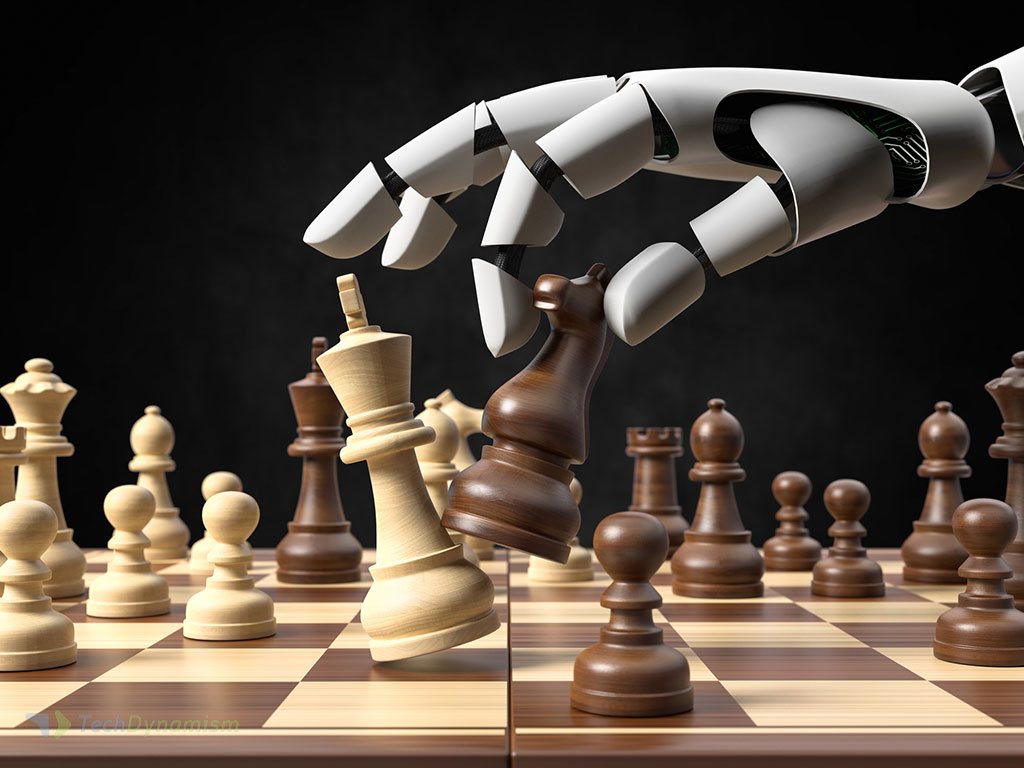A Brief History of Chess AI
Towards the end of 2017, Google developed the first notable self-learning artificial intelligence chess program by the name of Alpha Zero. It went on to beat the top-rated chess engines at the time with just 24 hours of training. Two years later, inspired by Alpha Zero, the chess world saw its successor by the name of Leela Chess Zero, an open source program built on the concept of neural networks.
What is Leela and a Neural Network?
A neural network is a network of nodes. Each node can receive an input and process it before passing it on to the next node. This idea is even more powerful as these nodes can be layered, enabling nodes to effectively teach themselves. This is known as deep learning, a subset of machine learning. Leela Chess is an open source chess engine that utilizes this idea of deep learning along with a distributed computing network (DCN). With a DCN, every user that joins the network acts like a node, enabling more inputs and processing power as games are played. The end result is that every human who plays against Leela contributes to her computing power and learning efficiency. It also means Leela can continually learn from herself. Skynet here we come!
How is this different from previous engines?
Previous to neural networks, many engines relied on the idea of historical tablebases and the evaluation of position given a numerical system. A historical tablebase is a database with a pre-calculated analysis of positions based on historical games. The most common are endgame tablebases as they apply only to endgames, of which there are far fewer variations. Perhaps the most notable to use these is the chess engine Stockfish. Earlier versions drew on historical games and since all positions were already calculated, processing was extremely fast. Even compared to neural networks, the speed of calculation is much faster for known positions. Because of this processing speed, Stockfish was long held to be the top chess engine.
Tablebases vs. Neural Networks
Historical databases and tablebases work very well with known positions. In other words, if a game was played before and a position was reached, the analysis is often sound and an engine based on it will do very well. That said, neural networks excel in the area of the unknown. This is because neural networks do not work on a numerical positional analysis but rather, they simulate a set of outcomes to evaluate a position. This results in positions that have never been achieved or played before being considered by neural networks such as Leela, who often finds completely new and inspired moves.
Comparatively, older database engine moves have been said to be mechanical and at times completely arbitrary to common chess teachings and guidelines due to calculated lines rather than what looks right. Ironically, chess masters have noted that Leela’s play often resembles that of a human so, perhaps as artificial intelligence improves, we may see more chess games that align with human intuition.
The Current State of Chess AI
Today, neural networks and similar hybrids dominate the field of the top chess engines. Without the means to access gigawatts of supercomputing power, neural networks provide similar results for far less cost. Leela has already won several computer chess championships beating even Stockfish. Stockfish itself has converted to using a hybrid neural network.
As AI advances, we can only expect to see more applications of neural networks, especially in games with a set structure of rules and seemingly infinite combinations like chess. For the chess world, these are exciting times, where we may see machines playing more like humans every day as they discover completely new games and possibilities.
To see these AI in action, check out the Computer Chess Championships .
To see more, visit our blog page.



